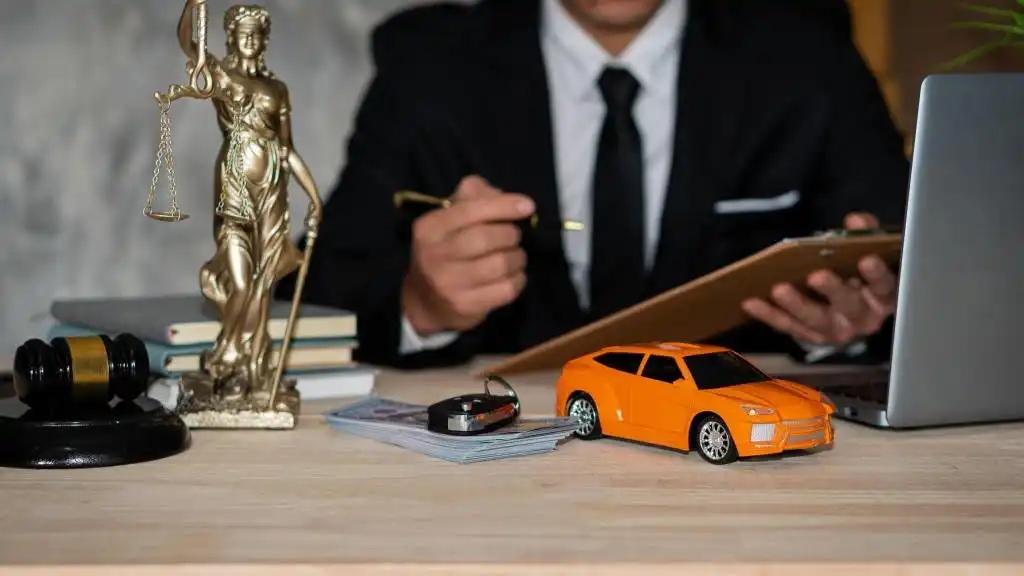Rate this post
Unfortunately, automobile accidents are a common occurrence. They can be relatively mild fender-benders or tragic events that result in injury, death, and extensive legal action. Drivers should be aware of what to do before and after an accident.
Things to do Before an Accident.
- Keep your vehicle’s insurance card or other insurance policy information in the glove compartment of your automobile. If you do not have your insurance information on hand, or if it’s not up to date, you could get ticketed.
- Consider keeping blank a pad of paper and a pen in your glove compartment at all times. This will come in handy when recording information after an accident. Keeping a disposable camera in your car, or making sure your phone has a working camera, are good ideas as well.
Things to do Immediately After an Accident
- Do not drive away from the scene of an accident. Doing so could expose you to criminal liabilities for being a “hit-and-run” driver.
- Call the police and medical professionals as soon as possible. Attend to your own injuries and the injuries of others involved in the accident as best you can. If someone is unconscious or complaining of back or neck pain, it is best not to move them without medical professionals present.
- Be careful not to admit fault when talking to other people involved in the accident. Doing so could be held against you in future legal proceedings connected to the accident.
Making a Record.
It is important to compile a detailed record of the scene of the accident you can use later when talking with your insurance company or your lawyer.
- Collect the basic information of other drivers involved in the crash, including their full names, their insurers, and their license plate numbers. Also write down information about their vehicles, including make, model, and year, and the damage done to them.
- Talk to any witnesses who may have seen the accident happen. Collect their full names and contact information.
- Talk to police and medical personnel on the scene. Get the full name and badge number of the police officer in charge of the scene. Get the report number of the police report and, if possible, a copy of the report.
- If you have a camera on hand, take pictures of the scene, making sure to get clear shots of the damage done to the vehicles and wide shots of the accident from different angles. If you don’t have a camera, making a sketch of the positions of the vehicles can be helpful later in the process.
- Write down an account of the event including as many details as you can remember, including weather, time of day, and other things incidental to the accident itself. Do not give yourself the opportunity to forget the details.
Dealing with Insurance Companies.
Soon after an accident happens, the same day if possible, you should contact your insurer and inform them about the accident.
- Be honest and upfront with your insurance company about the accident. If you hide things from them, they may deny coverage.
- Do not discuss the accident with anyone other than your insurance carrier, your lawyer, or the police. Be especially wary of early offers of settlement from another insurer. Report any communications from other insurance companies to your lawyer or your own insurance company.
- Obtain a valuation of damages to your vehicle from your insurance company. If you are not satisfied with the valuation, do not be afraid to get a second opinion from another firm. Communicate any differing estimates to your adjuster.
- Note any doctors, physical therapists, and other medical professionals from whom you receive treatment. Share the itemized list with your insurer and lawyer.

